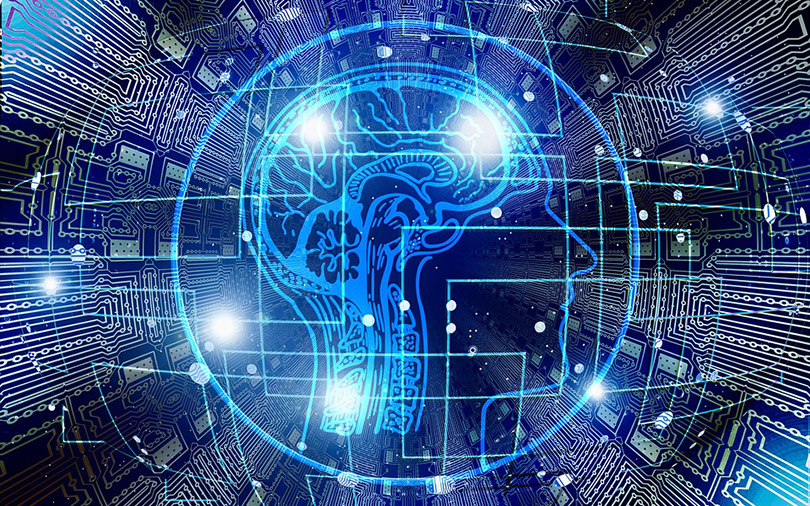
This MIT system can analyse medical images of your brain in less than a second


Massachusetts Institute of Technology (MIT) has developed an artificial intelligence system that can analyse medical images in less than a second as compared with conventional techniques that may take two hours or more.
Under the conventional technique, for example, a brain scan from several months ago is put onto a more recent scan in order to reveal changes in a tumour’s progress. This process, under which traditional systems combine each pixel of one scan with the corresponding pixel of the other scan, can often be time-consuming, taking two hours or more.
The new system, however, does the task more than 1,000 times faster using the “learning” technique. Under this technique, the system “learns” how to align scans in the best and the quickest way by combining thousands of pairs of images. This way, the artificial intelligence system, when put to use, takes a minute or two to process images on a normal computer, and less than a second on a graphics processing unit. A GPU is a computer chip that renders images by performing rapid mathematical calculations.

The conventional process, on the other hand, can take hundreds of hours when put to analysing scans from large populations. That’s because, under the conventional process, the algorithms never learn by combining images. That means after combining a pair of images, the algorithms dismiss all data pertaining to the images’ pixels. “Essentially, they start from scratch given a new pair of images,” said Guha Balakrishnan, a graduate student in MIT’s Computer Science and Artificial Intelligence Laboratory (CSAIL) and Department of Engineering and Computer Science (EECS). “After 100 registrations, you should have learned something from the alignment. That’s what we leverage,” said Balakrishnan.
The MIT system is the latest example of how artificial intelligence is working through the healthcare industry, promising automation of tasks often held back by shortage of professionals, who anyway take up much more time.
Last month, San Francisco-based Qure.ai, a healthcare startup founded by Indians, said it has developed an artificial intelligence system that can spot bleeds, fractures and other abnormalities in CT (computed tomography) scans of heads within seconds.

In April, Apollo Hospitals Group said it was working with Microsoft to slash healthcare costs, by infusing its products and services with artificial intelligence.
Last month, University College London Hospitals NHS Foundation Trust partnered The Alan Turing Institute, a body that collects AI expertise of British universities, to automate tasks ranging from reading CT scans for cancer to prioritising patients at the emergency department, The Guardian reported. NHS is England's National Health Service. It is a health service that everybody in the UK can use.
